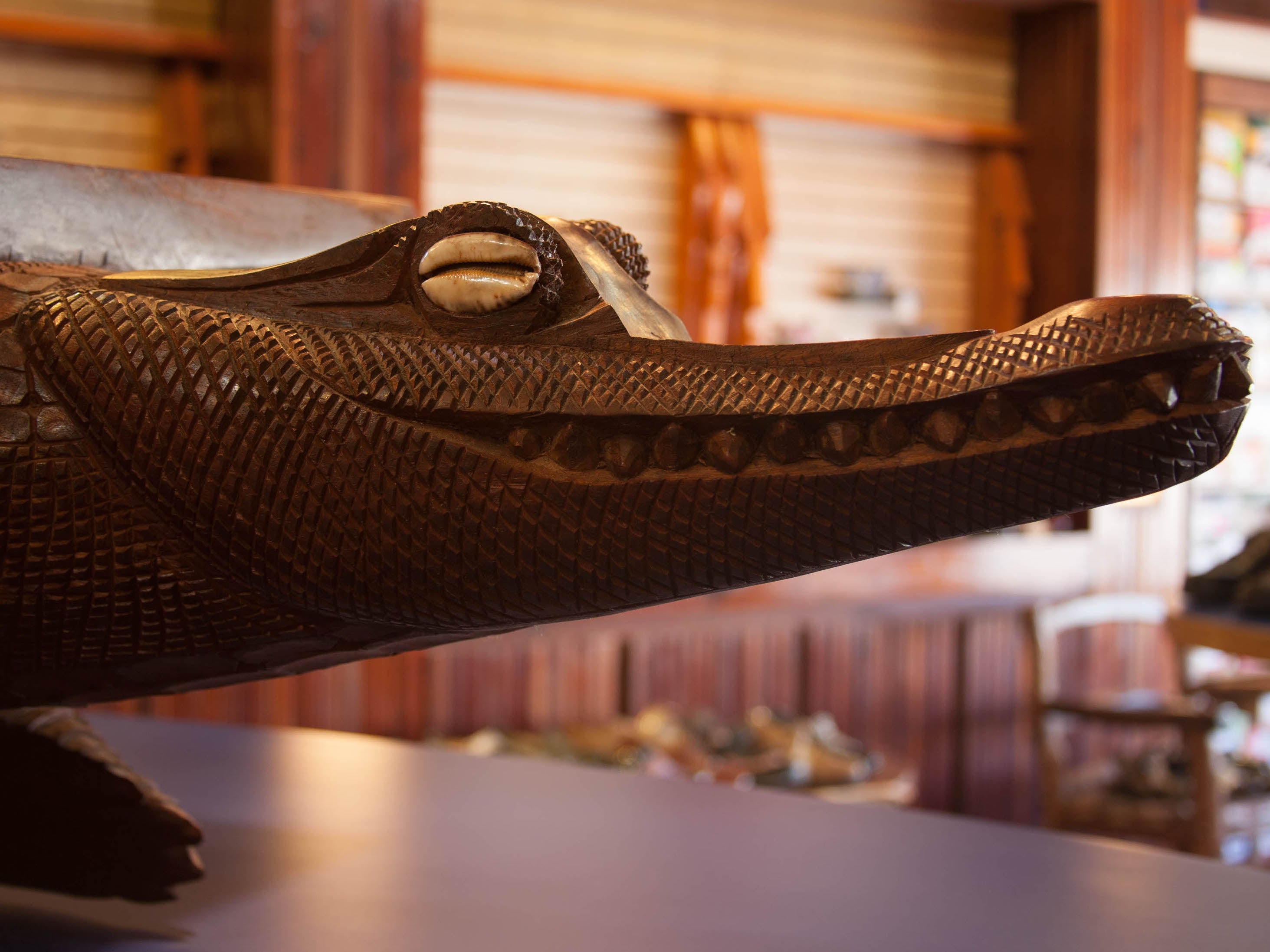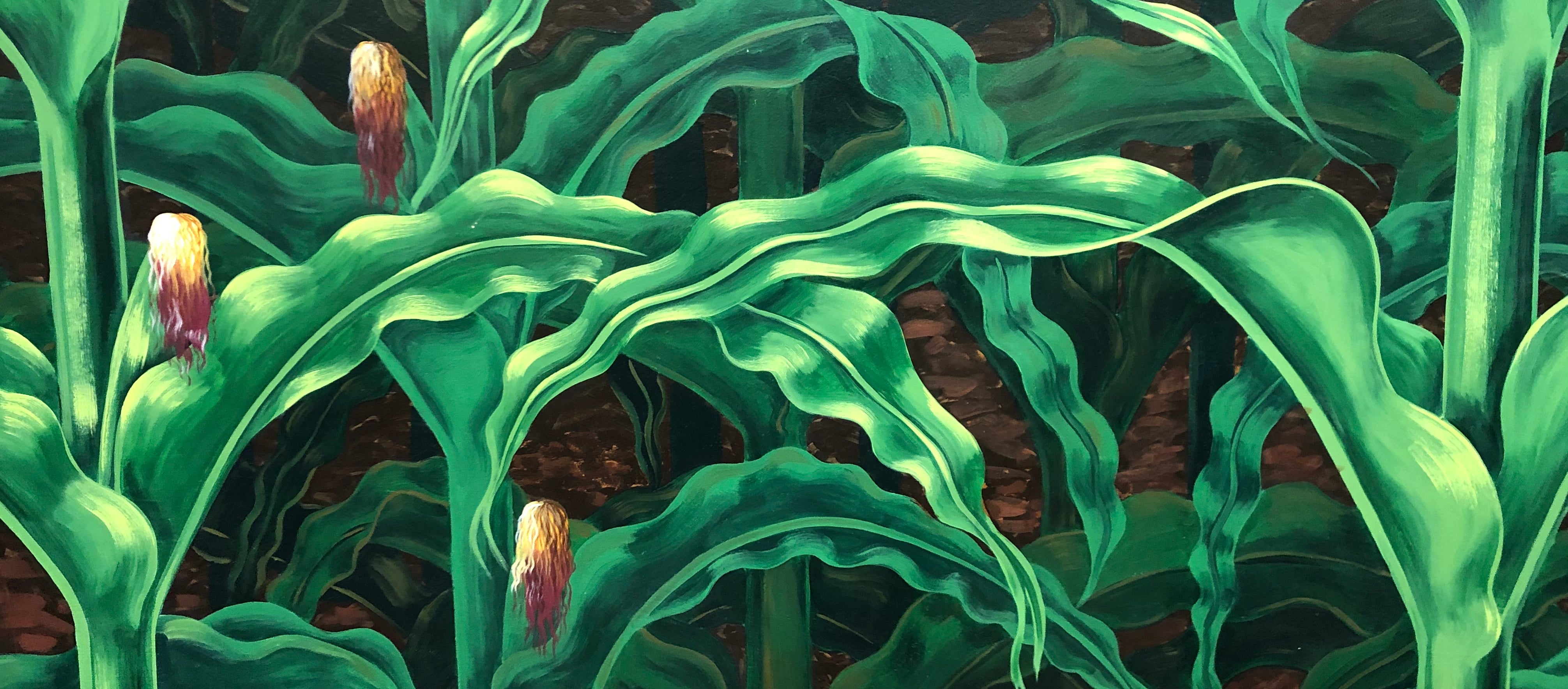
We tend to think our country has never been so divided, candidates so terribly partisan and our democracy left in the hands of such a crazy assortment of players from Central Casting. Yet, a quick flashback two hundred and fifteen years would show a similar scenario—an epic political battle where the fate of our young government was teetering on the edge of destruction. February 17, 1801 marked the end of the 1800 presidential election, commonly referred to as the “Revolution of 1800”. It ended in the House of Representatives since the Electoral College was tied with no hanging chads for a Supreme Court challenge. The fight was filled with intrigue and a marvelous cast which included Thomas Jefferson, John Adams, Aaron Burr, Charles Pinckney and Alexander Hamilton.
That presidential election was originally between Federalist incumbent, John Adams and his friend, but now political enemy and vice president, Thomas Jefferson. Political parties or factions were just forming. A country unified behind George Washington was no more. Adams was the leader of the Federalists who favored a stronger more centralized government, larger business interests and tended toward closer relations with England. Jefferson was the leader of the new Republican Party (no relation to the current Republicans) which favored smaller government, social leveling and wanted closer relations with France, not England.
John Adams lost the election because of the odd mathematics set out in the Constitution. That document assigned a black slave to be equal to 3/5ths of a man in determining the population of a state. Population was then used to determine the number of representatives in both the House of Representatives and the Electoral College, giving slave states extra power.
The Presidential election was not a direct election. Candidates did not campaign, their surrogates did. Most state legislatures voted for their electoral delegates as opposed to the citizenry. Without the advantage to the southern slave states from counting slaves as 3/5th a human, Jefferson would have lost, but those were the rules.
The election was not over with Adam’s defeat. Jefferson and Aaron Burr were both on the Republican ticket. It was universally viewed that Jefferson was to be president and Burr the Vice President, but with a flaw in the design of the way elections were held, electoral delegates were allotted two votes without the ability to designate one vote was for president and the other being for Vice President. So when the Electoral College submitted their votes on December 3, 1800 the outcome was 73 votes for Jefferson, 73 votes for Burr, 65 votes for Adams and then 64 votes for Charles Pinckney, the Federalist Vice Presidential candidate. With Jefferson and Burr tied with 73 votes each, the election went before the House of Representatives where 9 of the 16 states needed to favor one candidate. Burr refused to defer to Jefferson. Those who hated, Jefferson backed Burr. After 35 ballots, there was stalemate.
No one knows what happened behind closed doors, but many believe that Alexander Hamilton and/or his followers negotiated with one congressman to change his vote to favor Jefferson, if Jefferson would promise to leave in place Hamilton’s financial system and not fire wholesale most of the Federalist appointments which Adams had made. Though Hamilton and Jefferson hated each other, they at least had grudging respect for each other. Hamilton thought Burr completely without character.
With compromise a crises was averted on this day 215 years ago. A peaceful transfer of power took place. The election had been more hyperbolic than our current election. Emotions were so high and positions taken so extreme that a civil war was not out of the question.
It was political suicide for Burr not to defer to Jefferson. The election certainly helped lead to his political exile and his duel killing Hamilton. The result of this election was the 12th Amendment to the Constitution requiring electoral candidates to designate one vote for the president and the other for Vice President.






















